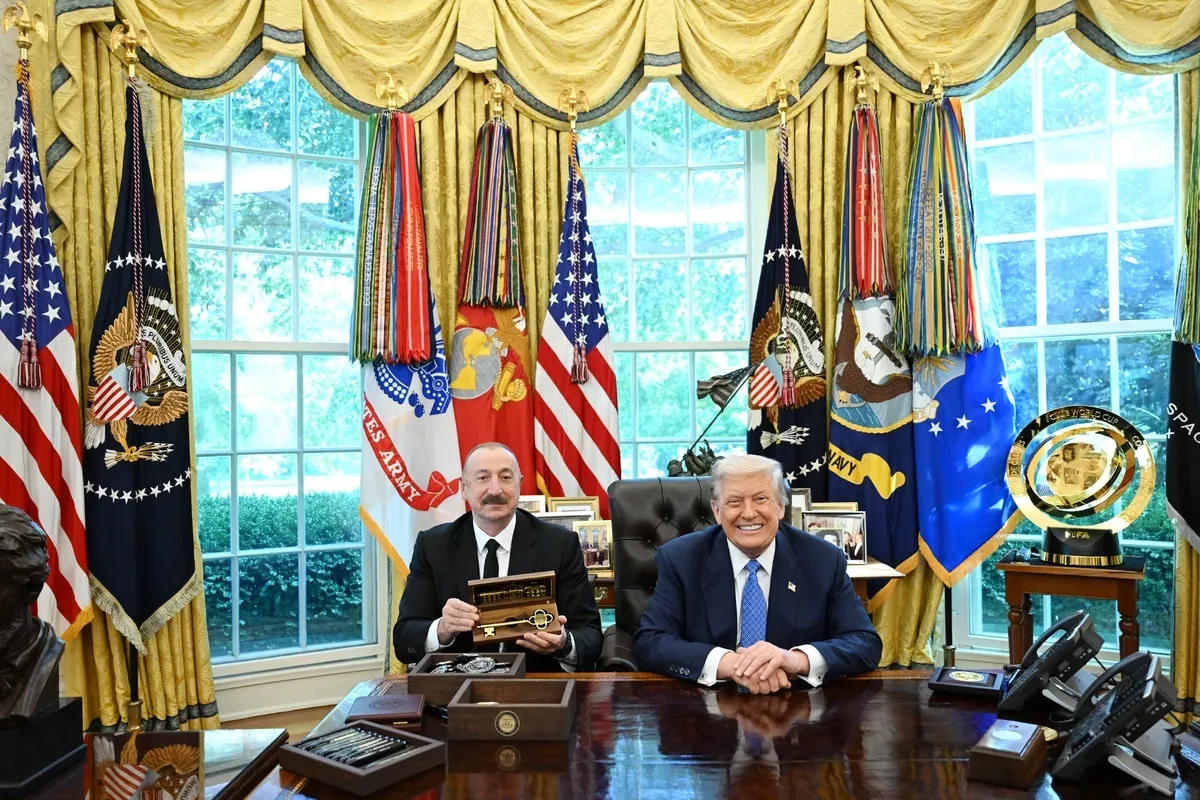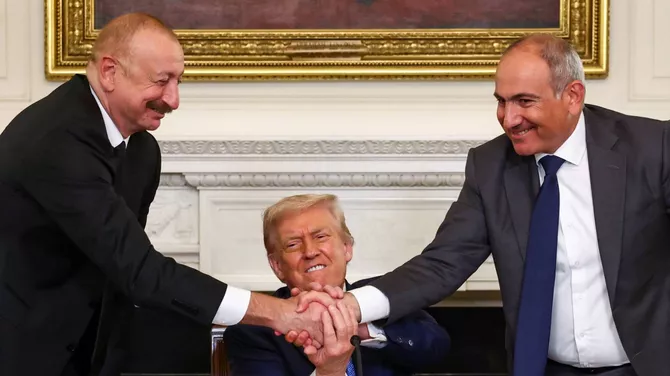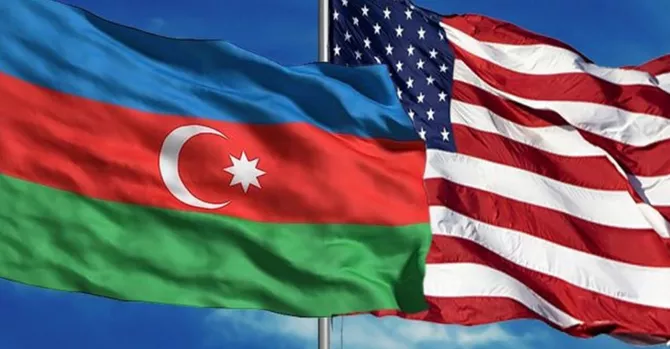
What unfolded at the White House last Friday was more than a diplomatic ceremony - it was a rare moment in history when two nations, after decades of bitter conflict, took a decisive step toward lasting peace. In the presence of U.S. President Donald Trump, the leaders of Azerbaijan and Armenia signed the Joint Declaration - a document that could finally close one of the longest and most intractable chapters in the post-Soviet space.
This was not just another piece of paper. It signaled that the long-awaited Azerbaijan-Armenia Peace Agreement is within reach, and it unveiled an ambitious new vision: the “Trump Route for International Peace and Prosperity” (TRIPP). The symbolism was powerful, but the substance was even more important. The initialing of the peace treaty text - confirming both sides’ agreement - may not yet be the final signature, but it is an unmistakable sign that the end of the road is near.

What makes this moment different from previous failed attempts is that it does not reduce peace to a mere ceasefire. For decades, negotiations stalled because they failed to address the root causes of hostility - the political, economic, and connectivity issues that kept the South Caucasus locked in mistrust. This time, with President Trump’s direct support, peace is being tied to development, infrastructure, and shared prosperity. That linkage is critical. It gives the agreement a chance to survive the test of time.
The Joint Declaration also breaks with outdated diplomacy. By jointly committing to request the dissolution of the OSCE Minsk Group - a body that was created in the 1990s but failed to end the occupation or bring meaningful results - Azerbaijan and Armenia are signaling they are ready to take ownership of the peace process. Just as importantly, the document reaffirms that one of the final prerequisites for a signed peace deal - constitutional reform in Armenia - remains on the table. Without such reforms, sustainable peace will remain elusive.
This breakthrough is also a story of leadership and trust between Baku and Washington. Azerbaijan-U.S. relations, officially established in 1992, have been nurtured over decades, particularly under the guidance of National Leader Heydar Aliyev. Energy cooperation was the bedrock, but over time, the partnership expanded to include defense, trade, and political dialogue. Today, more than 80 state-level agreements bear witness to this strategic alignment.
The return of Donald Trump to the White House in 2024 injected fresh energy into the relationship. President Ilham Aliyev, in several public remarks, praised Trump for presiding over a period without new wars and for standing firmly in defense of family and traditional values - themes that resonate strongly in Azerbaijani society. This personal rapport has translated into political momentum.

President Aliyev’s recent visit to Washington - at Trump’s invitation - was more than a courtesy call. It marked the start of a new chapter in bilateral ties and a decisive push toward ending decades of hostility in the South Caucasus. The signing of a Memorandum of Understanding to create a Strategic Working Group on the “Charter on Strategic Partnership” opens vast opportunities: regional connectivity, energy and trade corridors, artificial intelligence, digital infrastructure, arms sales, counterterrorism cooperation.
Symbolically and practically, one of the most significant gestures from the Trump administration was the suspension of Section 907 of the Freedom Support Act - a 1992 amendment that unjustly restricted direct U.S. aid to Azerbaijan. That restriction had long been a sore point in relations. Its removal under Trump is more than a legal change; it is a political statement of trust.
For Azerbaijan, this moment is not about triumphalism. It is about securing a future in which peace is anchored in mutual benefit and regional integration. Under President Aliyev’s leadership, the country has turned this opportunity into a platform for building both security and prosperity - not just for itself, but for the wider region.
History will judge whether the Trump-Aliyev moment becomes a true turning point. For now, it stands as the clearest signal in decades that peace in the South Caucasus is not only possible, but within reach.
Share on social media